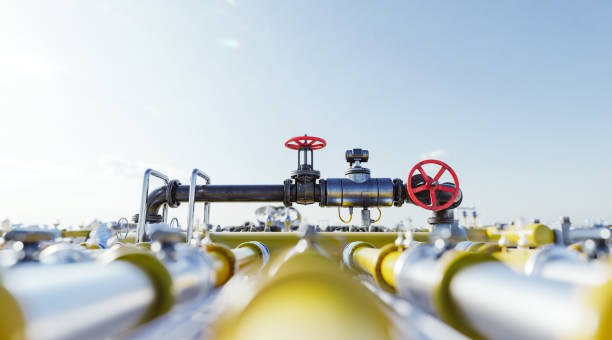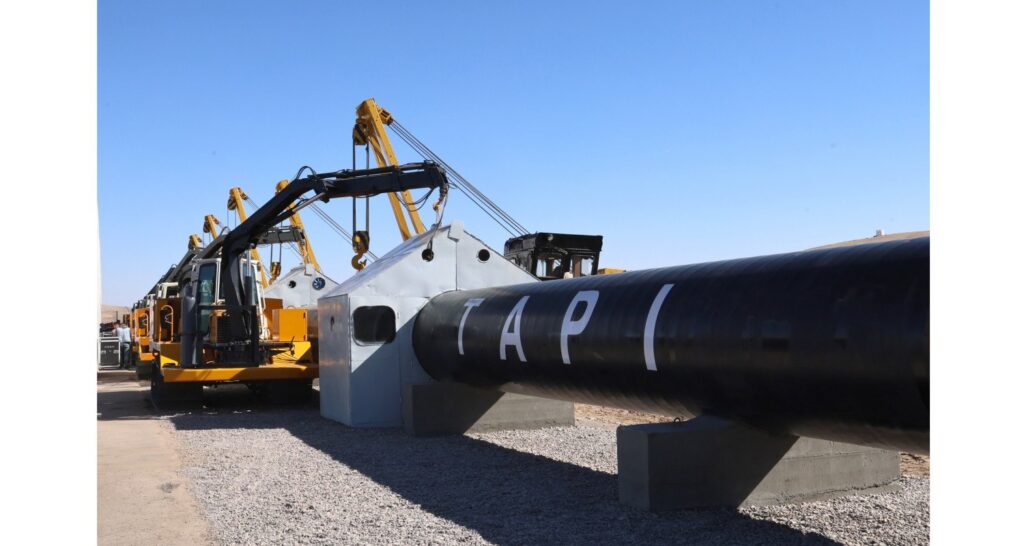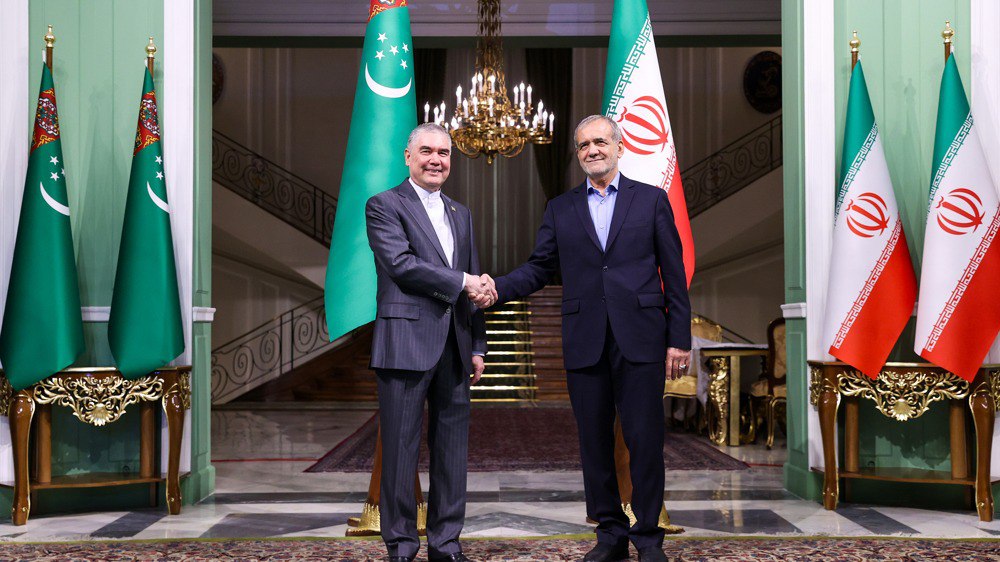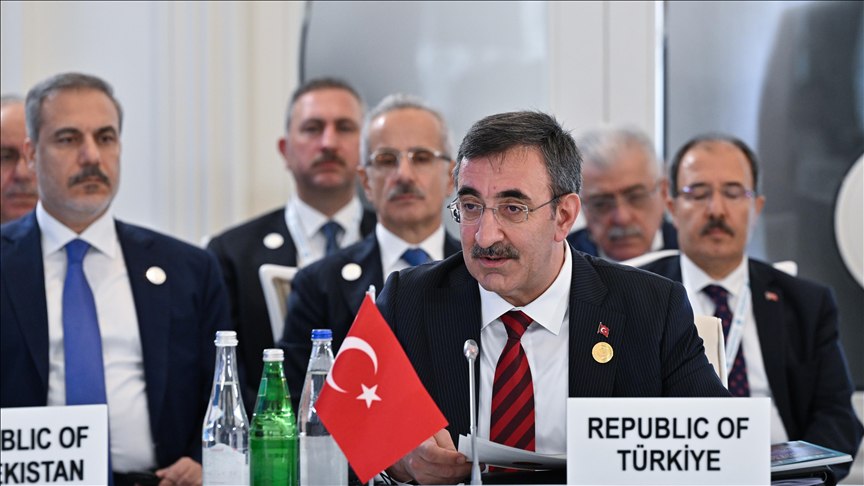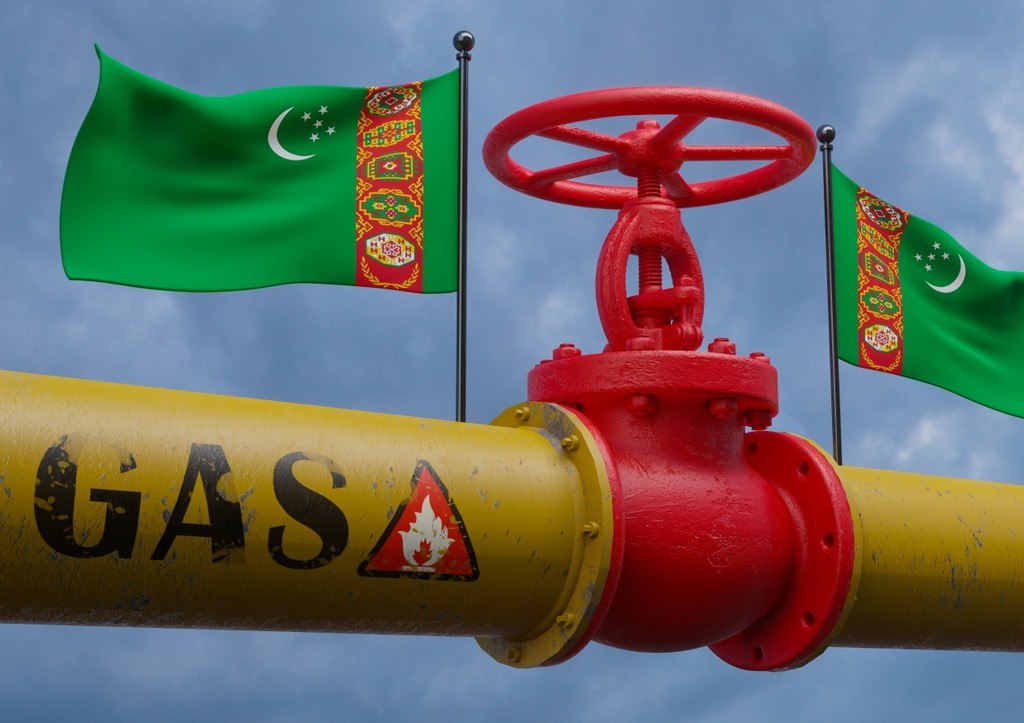Uzbekistan Looks to Turkmen Gas to Tackle Winter Energy Crisis
Uzbekistan has faced persistent gas and electricity shortages for over 25 years, leaving many citizens to rely on stoves and makeshift heating systems to stay warm during harsh winters. In 2024 alone, 82 people have died, and another 80 remain in serious condition due to carbon monoxide poisoning. The situation could improve if Uzbekistan shifts to importing natural gas from Turkmenistan. Turkmenistan recently declined to renew its gas contract with Russia, citing its strategy to diversify exports and secure better prices. With natural gas reserves estimated at 17.5 trillion cubic meters, Turkmenistan is a regional energy powerhouse, supplying significant volumes to China while maintaining domestic stability. Meanwhile, Uzbekistan’s gas production has declined, exacerbating its energy crisis. Despite ranking 17th globally in terms of gas reserves, Uzbekistan produced only 33.48 billion cubic meters of natural gas between January and September 2024 - 4.8% less than during the same period last year. At the same time, energy demand is rising due to population growth and a 6% economic expansion. Experts suggest that prioritizing imports from Turkmenistan could alleviate Uzbekistan’s energy woes. Former Energy Minister Anvamirzo Khusainov highlights the 1,500-kilometer border shared by the two countries and the existing pipeline infrastructure that could facilitate Turkmen gas imports. However, such a decision would require Uzbekistan to reduce its historical reliance on Russia - a move that carries significant political implications. The approaching winter may force Tashkent to make this critical choice. Reliable and cost-effective gas supplies from Turkmenistan could provide much-needed relief and help Uzbekistan address its longstanding energy shortages.
